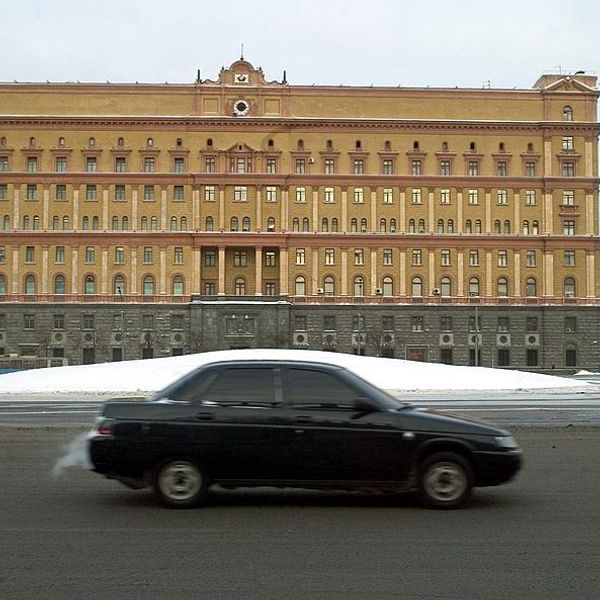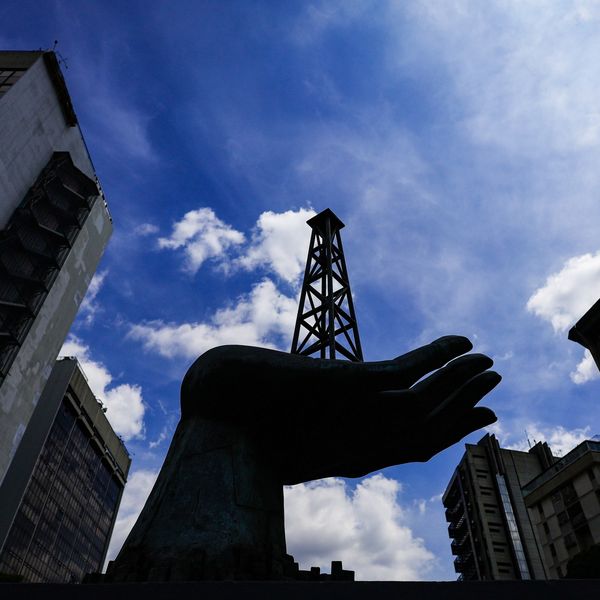Bottom Line Up Front
- Reprisal attacks stemming from the Easter bombings in Sri Lanka have exacerbated religious and ethnic tensions, destabilizing the country as the government struggles to formulate an adequate response.
- Sri Lanka has a painful recent history of ethnic and religiously-driven violence.
- The ideology of 'bin Ladenism’ is fueled in large part by a persecution narrative, which reprisal attacks and draconian legislation targeting a religion only serve to reinforce.
- Escalating sectarian violence plays directly into the narrative pushed by extremists on all sides, both locally and at a transnational level.
The April 21, 2019, terrorist attacks against several Sri Lanka churches and hotels were the deadliest in the history of Sri Lanka, a country that has suffered greatly from decades of civil war and ethnic conflict. The Easter bombings also set in motion a chain of reprisal killings in which angry mobs from the Buddhist majority attacked Muslims and destroyed their property. The terrorists responsible for the April attacks, in which hundreds of people were killed, were Muslims and inspired by the violent ideology of 'bin Ladenism’ espoused by groups like al-Qaeda and the so-called Islamic State. The attacks exacerbated religious and ethnic tensions destabilizing the country as the government struggles to contain the violence and formulate an effective response.
Sri Lanka has a painful recent history of ethnic and religiously-driven violence; there are no signs this recent wave will crest anytime soon. The terrorists were part of a local terrorist group, National Tawheed Jamath (NTJ), though connections to transnational terrorist organizations like the Islamic State have been uncovered. The reprisals were swift and brutal. In the weeks after the attacks, there has been a disturbing surge in the scale and intensity of violence directed toward Sri Lanka’s Muslim community.
In western Sri Lanka, mobs used gasoline bombs to burn more than 500 shops, houses and places of worship in a single day. In some cases, the violence was organized, with attackers being transported to certain villages and towns where local Buddhists then directed them toward the homes of Muslims or Muslim-owned businesses. There are images and reports of Muslims being beaten, often while security officials fail to intervene, and with individuals celebrating the savagery. Some reporting has suggested that mobs marauded through the streets for hours without any response from the government or security forces, which eventually imposed a curfew, although not before much of the damage was already inflicted.
Collective punishment and blame are far too common in the immediate aftermath of ethnically and religiously motivated violence. The ideology of 'bin Ladenism’ is fueled in large part by a persecution narrative, which reprisal attacks and draconian legislation targeting a religion only serve to reinforce. Groups like the Islamic State are transparent in their intention to divide society, supporting the notion that violence is the only option to achieve their objectives. With each tit-for-tat response, tensions mount among the population and the damage to social cohesion becomes even more challenging to address in the long-term. Escalating sectarian violence plays directly into the narrative pushed by extremists on all sides, both locally and at a transnational level.











